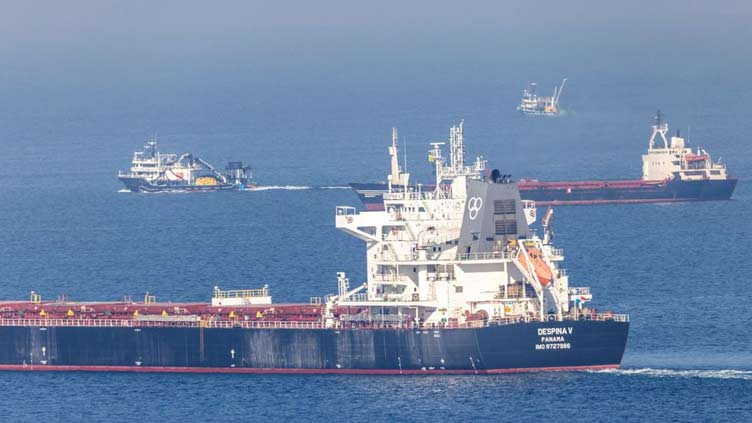Serbia says drones enter its airspace from Kosovo amid rise in tensions

World
Serbia says drones enter its airspace from Kosovo amid rise in tensions
BELGRADE/PRISTINA (Reuters) - Several drones have entered Serbian airspace from Kosovo over the past three days, Serbia s defence minister said on Wednesday amid heightened tensions between Belgrade and its ex-province, which won independence after a guerrilla uprising.
Kosovo s government denied the accusation, saying any such drones were not coming from its territory.
Tensions have resurged between Kosovo and Serbia over Pristina s efforts to make its Serb minority switch their old car licence plates, which date to the 1990s when Kosovo was a part of Serbia, to Kosovo state plates.
"I cannot tell you who those drones belong to, but I can say that they all flew from Kosovo territory," Serbian Defence Minister Milos Vucevic told RTS TV. He gave no details about the reported drones.
He said President Aleksandar Vucic, who also serves as supreme commander of Serbia s armed forces, had issued an order to "eliminate" any drones entering Serbian airspace and had put Serbian forces on "higher alert".
On Wednesday afternoon one drone was shot down in the city of Raska, 250 kilometres southwest from Belgrade, the Defence Ministry said in a statement.
A "commercial drone" was coming from the direction of Kopaonik mountain, which is on the border with Kosovo, and was shot near army barracks in Raska, the ministry said. The ministry did not give any further information.
Kosovo Defence Minister Armend Mehaj denied that drones were flying into Serbia from Kosovo, whose ethnic Albanian majority rose up against repressive Belgrade rule in 1998-99, leading to independence in 2008.
“Such discourse is only a pretext for the increase in the number of Serbian troops around the border with the Republic of Kosovo, as a means of spreading a state of panic among the citizens of both states,” Mehaj said.
Kosovo has made several attempts this year to enforce a rule requiring minority Serbs to accept Kosovo state registration of their vehicles, but this has at times met violent resistance in Kosovo s north, a hotbed of Serb nationalism.
Last week under U.S. and European Union pressure, Kosovo extended the transitional time for license plates to be changed, but said it would start issuing fines after Nov. 21 and seizing vehicles after April 21, 2023, if they were not re-registered.
Almost 15 years after Kosovo s move to independence, some 50,000 ethnic Serbs living in northern Kosovo continue to consider their area to be part of Serbia and reject Kosovo state authority.
Some 3,700 NATO peacekeeping troops remain in Kosovo.

